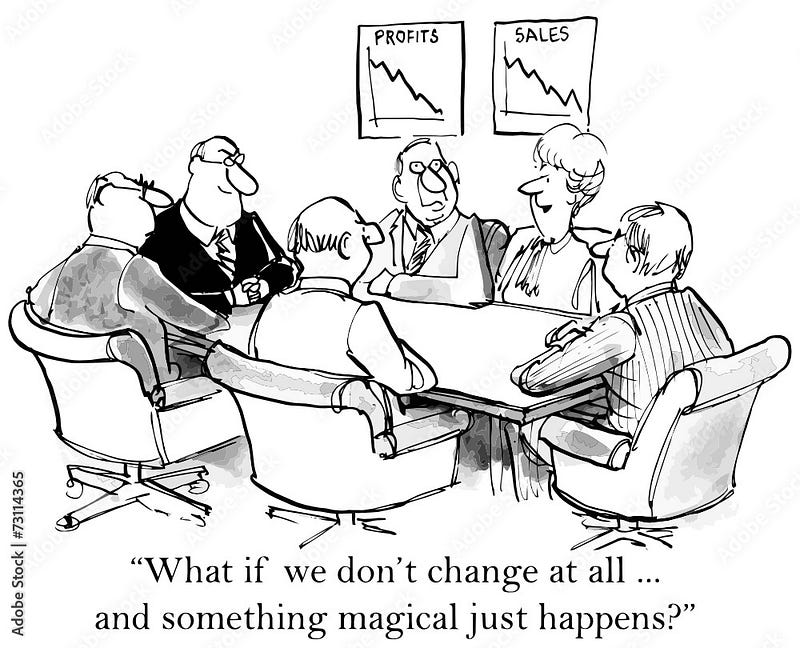We Crashed

Apple TV’s excellent series on the rise and fall of WeWork finished up recently. The series follows the founders of WeWork through its rise from a tiny co-working start-up to a $45 billion Unicorn and its rapid implosion and eventual bailout in 2019.
For those who don’t know the story, WeWork was founded by Adam Neumann and Miguel McKelvey in 2010 in the wake of the GFC with the idea to repurpose empty office space into co-working spaces for freelancers and start-ups. At the time the idea was novel, that you could rent a desk for as long or as little as you needed, anywhere in the world. But the hype quickly overtook the reality of what was just a clever real estate play. WeWork marketed itself as a tech company, made bold claims about changing the world and branded its offices as ‘physical social networks’. WeWork grew rapidly, fuelled by billions of investor money, eventually reaching a valuation of $45 billion. However, the wheels came off when the Company attempted to go IPO and the resulting public scrutiny of its business model, truly amazing losses, and questionable management.
The show is very entertaining and it provides a great look at the particular kind of crazy that is needed to found and manage a high growth startup like WeWork. I highly recommend it, it’s a fun, fast-paced and well-told story.
However, while watching the last few episodes, which document the death spiral and eventual implosion of WeWork, I couldn’t help but see some parallels with some of the clients I see day to day at Worrells, albeit on a much smaller scale.
As WeWork began to get into financial difficulty, the leadership team ignored the advice of their investors and expert advisors and instead doubled down on a strategy that was the reason they were in financial trouble in the first place. Rather than slow their growth and take some time to consolidate the dominant market position they had built, WeWork continued to pursue a high cost, high growth strategy, convinced that at some point all of its unprofitable venues would just magically become profitable.
It reminds me of this old cartoon…

The first rule when you find yourself in a hole is to stop digging. Unfortunately, I often see business owners who, like WeWork, have dug themselves a financial hole and rather than stopping digging, by changing strategy or restructuring with the help of an expert advisor, they choose to keep on digging hoping that it will all just ‘come good’.
One of the great things about business is that you get concrete and timely feedback about what is and isn’t working. What is making money and what isn’t, what is selling and what isn’t, what is getting customer attention and what isn’t. This gives us actionable intel on what we need to look at changing to make a business better.
While most business owners read the signs, get good advice, and turn their business around, unfortunately, it isn’t everyone and businesses still fail needlessly, affecting the lives of directors, investors and employees.